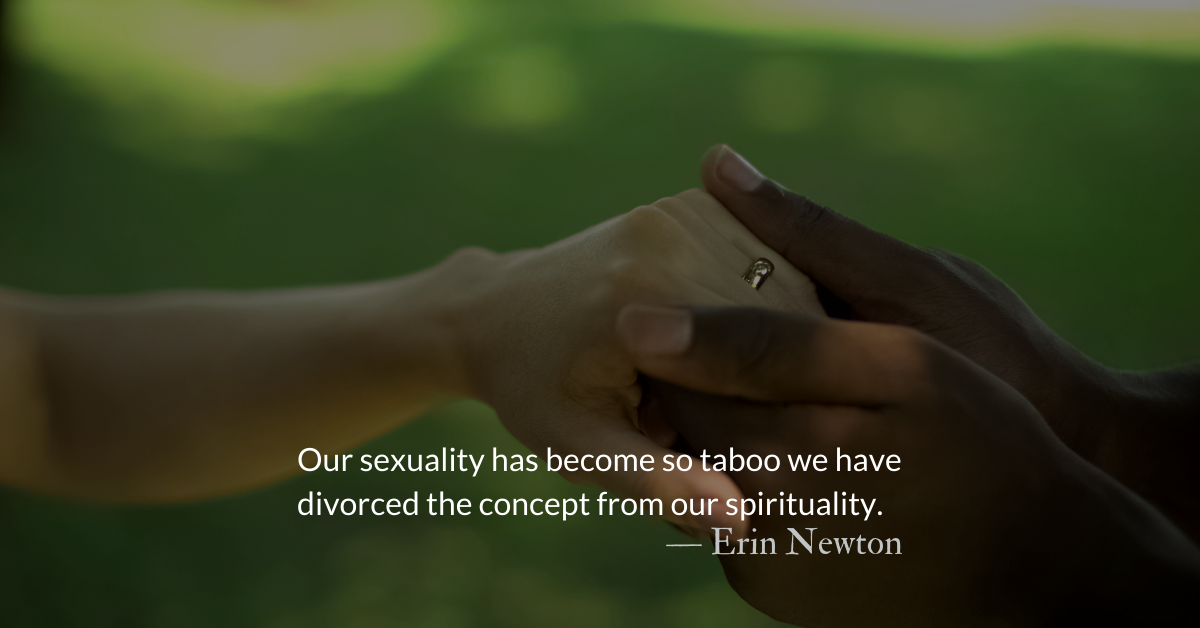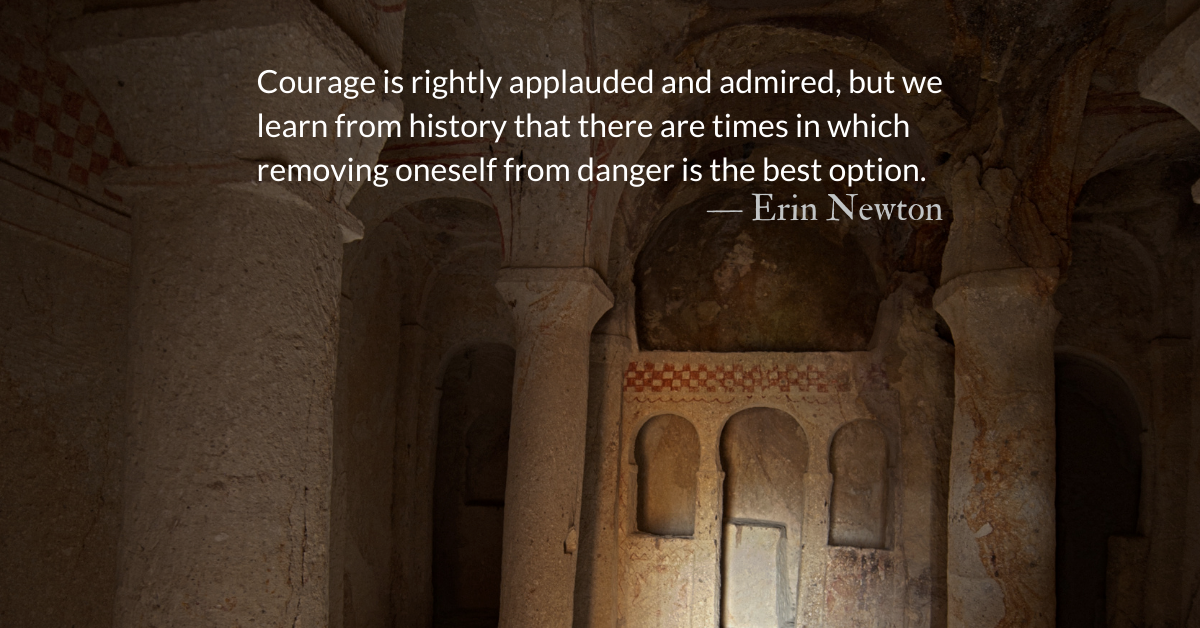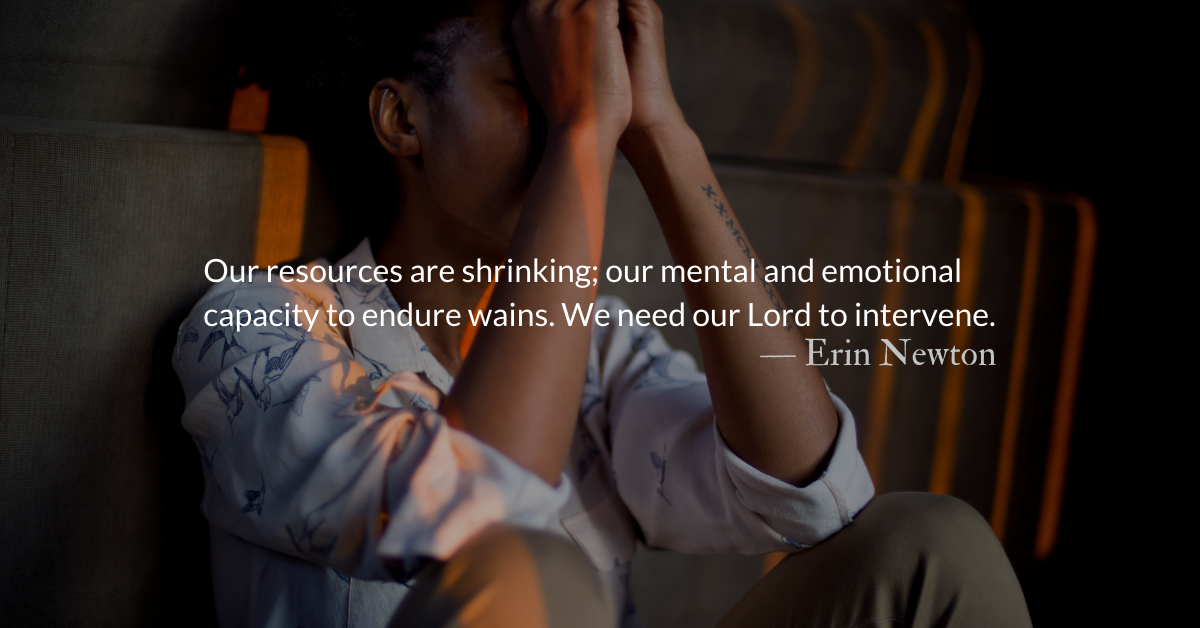Scripture Focus: Song of Songs 1.15-16
15 How beautiful you are, my darling!
Oh, how beautiful!
Your eyes are doves.
16 How handsome you are, my beloved!
Oh, how charming!
And our bed is verdant.
Reflection: Sexuality and Spirituality
By Erin Newton
No other book in the Bible has elicited more diverging interpretations than the Song of Solomon. Also referred to as the “Song of Songs,” the title means the greatest of all songs.
Most interpretations are either allegorical or literal. The allegorical interpretation views the poetry as a depiction of the love between God and his people. Each body part mentioned correlates to some spiritual or geographical meaning. Throughout the Bible, the relationship between God and his people utilizes the language of marriage (and adultery).
The literal interpretation views the poem as a dialogue between two human lovers (ex: Solomon and Pharaoh’s daughter). Some highlight the Ancient Near Eastern background connecting love songs to festivals.
Ellen Davis offers a complementary view into the Song which attempts to utilize both types of interpretation. “For a holistic understanding of our own humanity suggests that our religious capacity is linked with an awareness of our own sexuality.” This view balances the allegorical imagery of covenantal love with God and the marital love of two people. The Song should encourage us to apply holiness to our intimate sexual relationships. The Song also encourages us to keep our intimate spiritual relationship with God unadulterated.
It can be difficult in our culture to imagine God’s love for his people as equivalent to the intimacy of lovers. We can barely talk about basic bodily functions without raising a warning flag that such content could be explicit. Likewise, our sexuality has become so taboo we have divorced the concept from our spirituality.
Our culture struggles with defining love. Ideas revolve around physical pleasure and reciprocal benefits. Love in our day is rarely long-lasting. Love is often self-centered and operates on a quid pro quo scenario.
Yet this poem opens with each lover praising the other. The attention of the lover is not to gratify the hormonal urge of the moment but to see each other in the fullness of one’s worth. You, as you are, are worthy of love. Love begins with praise.
In this way, Ellen Davis says that true love seeks to move beyond the self-absorption that is common in our culture. This same movement away from self and toward adoration of another is one that we ought to seek in our relationship with God. Selfless fascination with someone is only a small glimpse of the praise and adoration due to a far more worthy God.
Additional Reading: For more on Ellen Davis’s reading check out this article from The Bible Project.
Divine Hours Prayer: The Call to Prayer
Know this; The Lord himself is God; he himself has made us, and we are his; we are his people and the sheep of his pasture. — Psalm 100.2
– From The Divine Hours: Prayers for Springtime by Phyllis Tickle.
Today’s Readings
Song of Songs 1 (Listen – 2:16)
Psalm 119:25-48 (Listen – 15:14)
This Weekend’s Readings
Song of Songs 2 (Listen – 2:15), Psalm 119:49-72 (Listen – 15:14)
Song of Songs 3 (Listen – 1:48), Psalm 119:73-96 (Listen – 15:14)
Read more about Setting a New Standard
No matter what culture’s moving needle says is moral, what matters to Jesus is God’s design.
Read more about Beyond Consent
When the only sexual ethic that exists is “consent” a lot of evil, manipulation, deception, and abuse gets a free pass.






